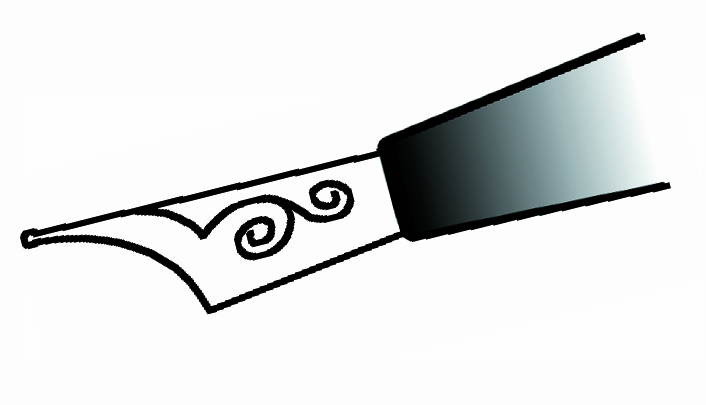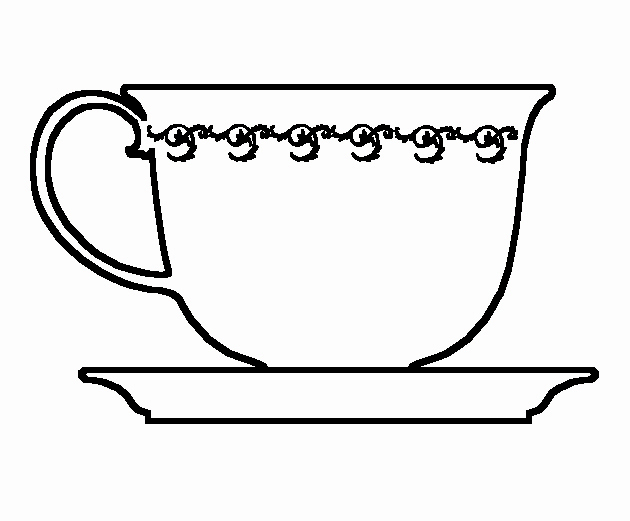|
Dear Etiquetteer:
Please tell me whether I was right in a dispute about how an invitation was to be worded. At a school where I’m involved a new dining hall was to be dedicated at a catered dinner for major donors. The invitation used the phrase "the honour of your presence." I saidno, that the term should be "the pleasure of your company." "The honour of your presence" is only for marriages held in a house of worship, isn’t that so? Using that phrase for a dinner to dedicate a dining hall was ludicrous to me. Happily the school staff listened to me and changed the invitation in time. But if I’m not correct I’ll take you to dinner.
Dear Honored Guest:
You are correct, but Etiquetteer has to tell you what a great deal of fun it’s been researching "chapter and verse" on this. While no one’s ever specifically said "‘the honour of your presence’ may only be used on wedding invitations for church weddings," examples for invitations of charity balls and other such functions (with which Etiquetteer would group invitations to university dining hall dedications) always use the form "the pleasure of your company." And from that Etiquetteer infers that you are correct.
While checking up on this issue Etiquetteer has been vastly entertained reading about relics of bygone days like train cards for country weddings (when a private train is engaged for guests), cards of admittance to church weddings (for weddings when the general public is not allowed into the church), and invitations to the weddings of young widows issued by her parents.

Dear Etiquetteer:
I received an e-mail, sprayed to a number of members of an informal group to which I belong, that someone we all knew had a death in his family. I've seen this person off and on for a few minutes or so at a time, here and there over the years as part of this group. Otherwise we never socialized. We’ve never been to each other’s homes. I've always enjoyed his company whenever our paths have crossed. To contact him, all I have is one of his e-mail addresses.
I was raised that when one heard of a death one dropped everything, made food if possible, and immediately went to the house of the bereaved to offer any and all assistance: cook, make beds for arriving family, mow the lawn, whatever they asked. If the bereaved were more distant one called them on the phone but, under all circumstances, send them a contemporaneous, handwritten notice of condolence.
This ran into an iceberg a number of years ago when, after having sent my handwritten note of condolence, I overheard at the wake that the family thought I was cheap not to have purchased a sympathy card.
Further, although my ancestors on my father’s side are Protestant, my mother’s side is devout Catholic, and I have been often faulted for not bringing a Mass card to the wake.
To further compound my confusion, in this case, the only way I have to communicate is this person’s e-mail address, and I don't even know if that is his main e-mail address. I've e-mailed a mutual friend asking if he could provide a street address and any particulars as to the arrangements since I feel that condolences by e-mail are far below par and that the more proper course is to send a sympathy card with a personal note of condolence.
In this new strange world, what is the proper etiquette? A sudden death, especially of anyone other than the elderly is a horrid, emotionally wrenching situation whatever the relationship between the survivor and the deceased. I feel that an e-mail is so de minimis in the face of such heartbreaking circumstances. Can Etiquetteer help?
Dear Condoling:
First of all, Etiquetteer has to say that a bereaved person who is going to criticize the way a condolence is sent does not deserve to be condoled. Etiquetteer can only identify these people as Trash Pure and Simple if they can’t realize that correspondence on one’s own stationery is much more meaningful and intimate than on some pre-printed sympathy card (especially the kind with some treacly poem inside). Etiquetteer bets they didn’t even bother to write you back the mandatory Note of Thanks . . .
Second, if you’re not a practicing Catholic yourself, Etiquetteer sees no reason for you to send a Mass to the bereaved, even if they themselves are practicing Catholics.
As your acquaintance with the bereaved is slight, in spite of its long standing, Etiquetteer doesn’t think it necessary for you to provide food or attend the funeral, as you already well know. Tracking down the street address, through mutual friends, or even an on-line directory, really is the best plan of action to send a Perfectly Proper Condolence Note. If you know the name of the deceased, check for the death announcements in the relevant newpaper (again, frequently on-line), and the church or funeral home might be able to assist you. Should all these avenues still leave you without the information you need, Etiquetteer would allow you to e-mail your acquaintance with your condolences and a request for his street address (without of course, implying that you want it handy for the next time he has a death in the family).

Etiquetteer cordially invites you to join the notify list if you would like to know as soon as new columns are posted. Join by sending e-mail to notify <at> etiquetteer.com.
|






